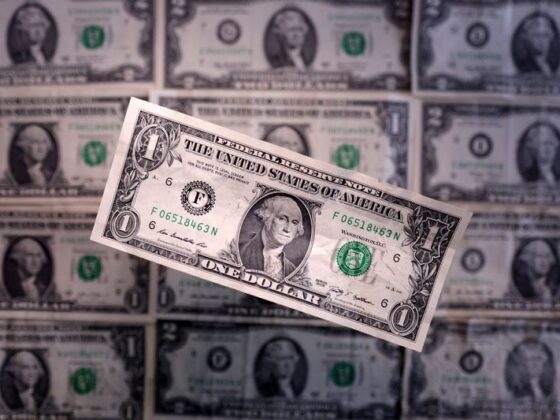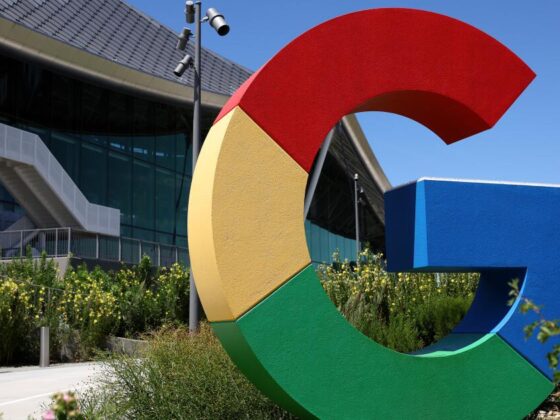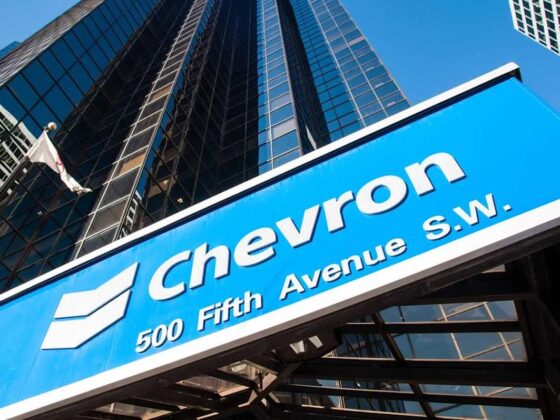Benzinga and Yahoo Finance LLC may earn commission or revenue on some items through the links below.
There's one milestone that never loses its appeal: doubling your money. Whether it’s a retirement account, an income-focused portfolio or a long-term bet on private markets, the math behind turning $100,000 into $200,000 is more straightforward than many realize.
Knowing that math can help investors set realistic expectations, and spot opportunities hiding in plain sight.
At the core of this calculation is a simple formula: divide 72 by the expected annual return. That gives you an estimate of how many years it will take to double your money, assuming the return compounds annually and stays consistent.
For example, an investment earning 6% per year will double in about 12 years (72 ÷ 6 = 12). At 9%, it takes just 8 years. And at 12%, it takes only 6.
The Rule of 72 isn't perfect. It becomes less accurate at higher rates of return or with non-annual compounding, but it's close enough for back-of-the-napkin planning. And for most investors, that's exactly what's needed.
When applied to the types of returns investors commonly chase, the Rule of 72 reveals something striking: most traditional investment strategies are slow.
High-yield savings accounts (4%–5%): Even with today's elevated rates, it takes 14–18 years to double your money.
Investment-grade bonds (5%–6%): These get you there in 12–14 years, assuming no defaults and reinvested coupons.
Broad market index funds (7%–9%): This is the long-term historical average for U.S. equities, pointing to an 8–10 year doubling window.
These are solid strategies and often the foundation of a healthy portfolio. But they're not fast.
That's why more capital is flowing toward private investments that aim higher.
Accredited investors who are willing to lock up capital longer, the Rule of 72 shows just how powerful higher returns can be.
Private equity and venture funds often target IRRs of 15% or more. At that level, doubling your money takes under 5 years.
One example is the U.S. Home Equity Fund, a private real estate fund that invests in home equity agreements (HEAs). These contracts give homeowners cash today in exchange for a share of their home's future appreciation, without debt or monthly payments. The fund targets a 14%–17% net IRR, translating to a doubling period of just 4 to 5 years.
That puts it on pace with traditional private equity but tied to residential real estate, one of the most stable asset classes available. The owner-occupied home equity market is valued at nearly $35 trillion, the largest store of wealth in the U.S.













